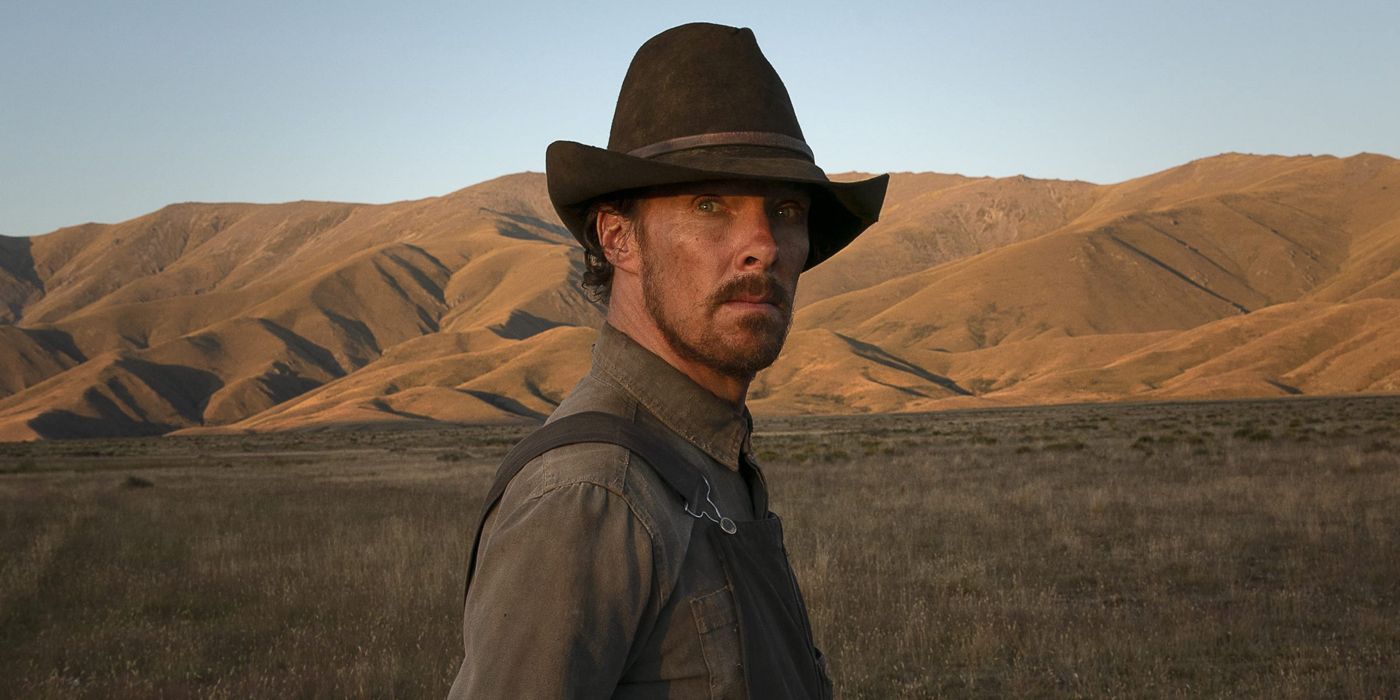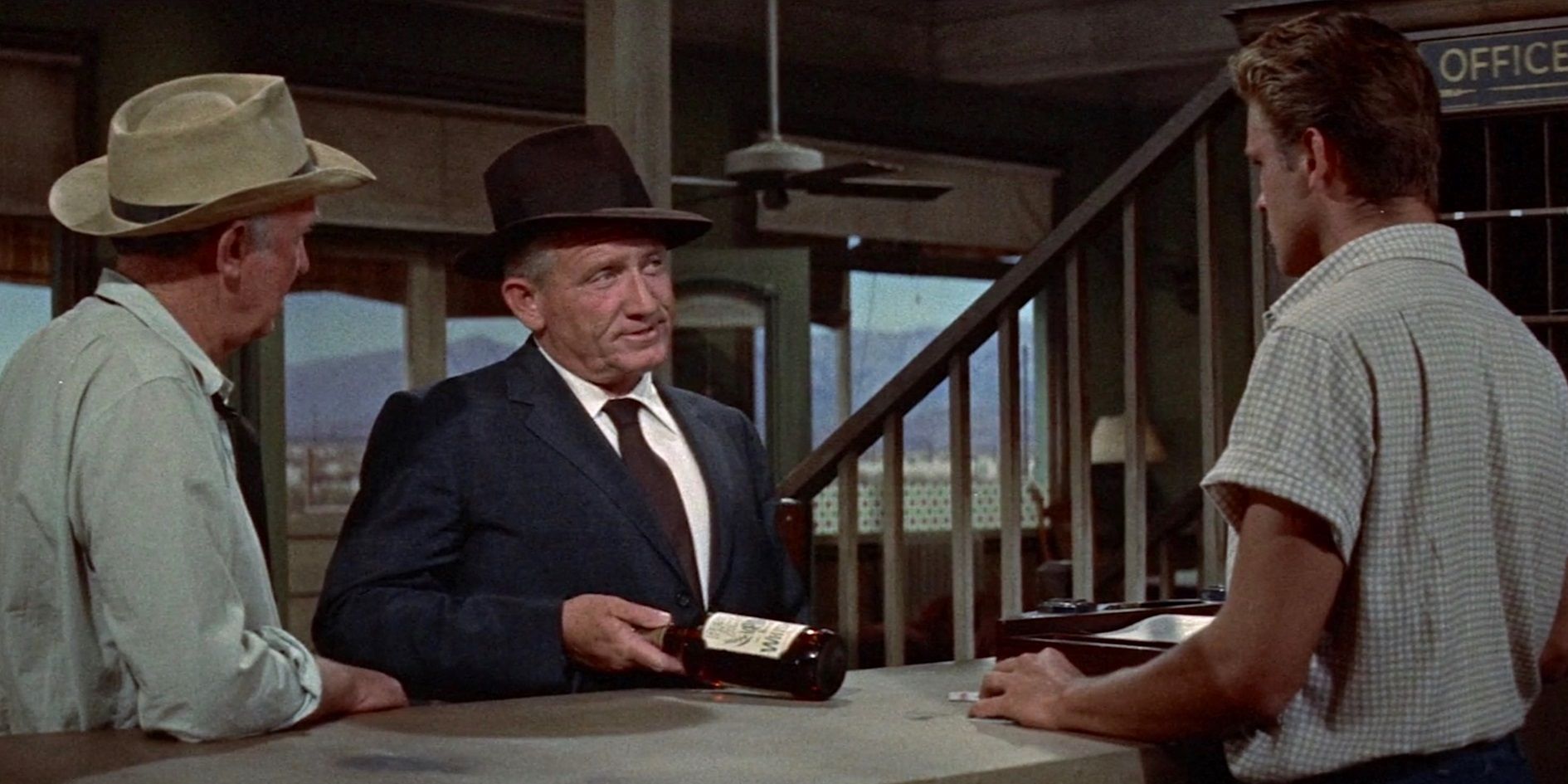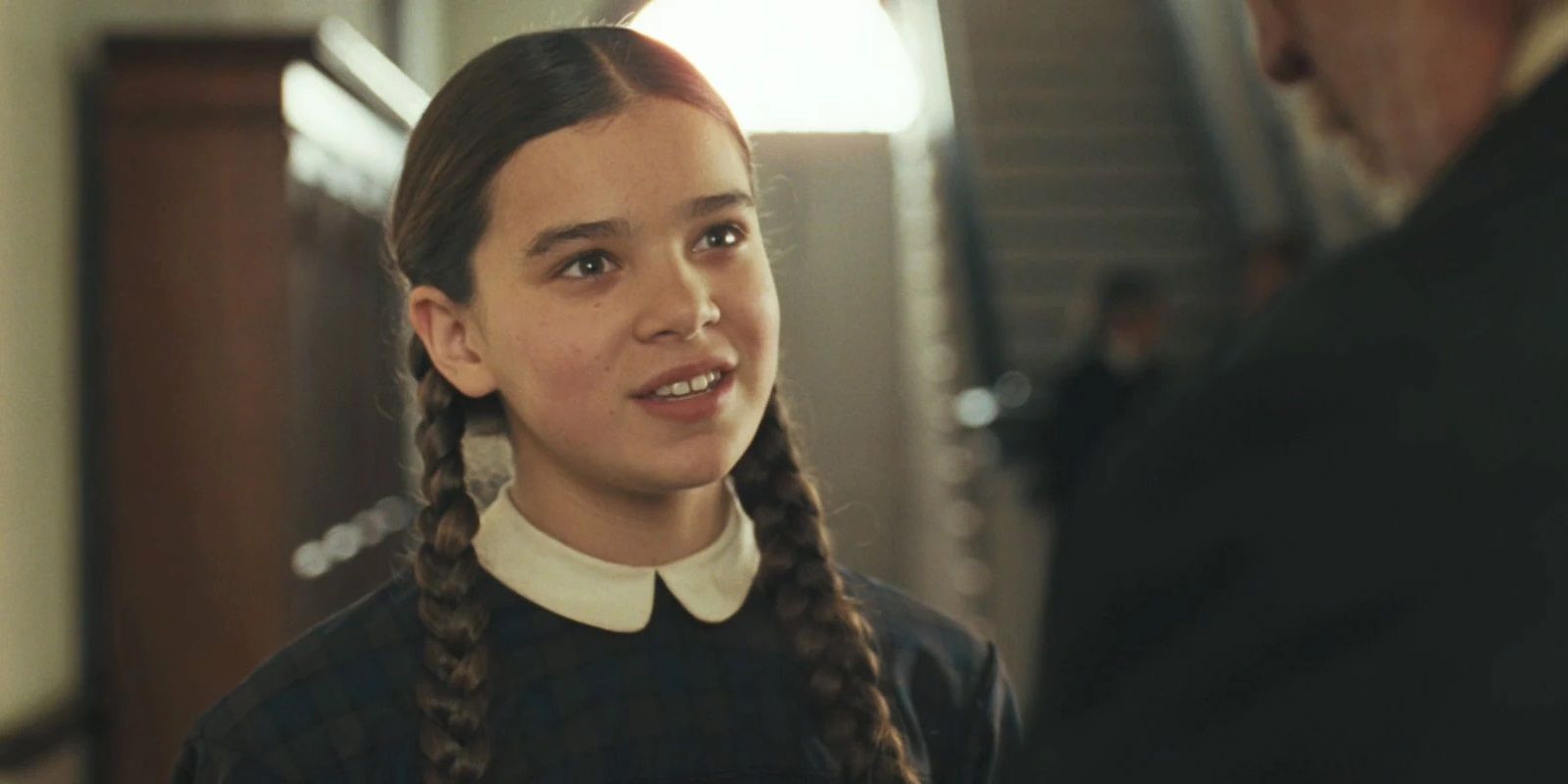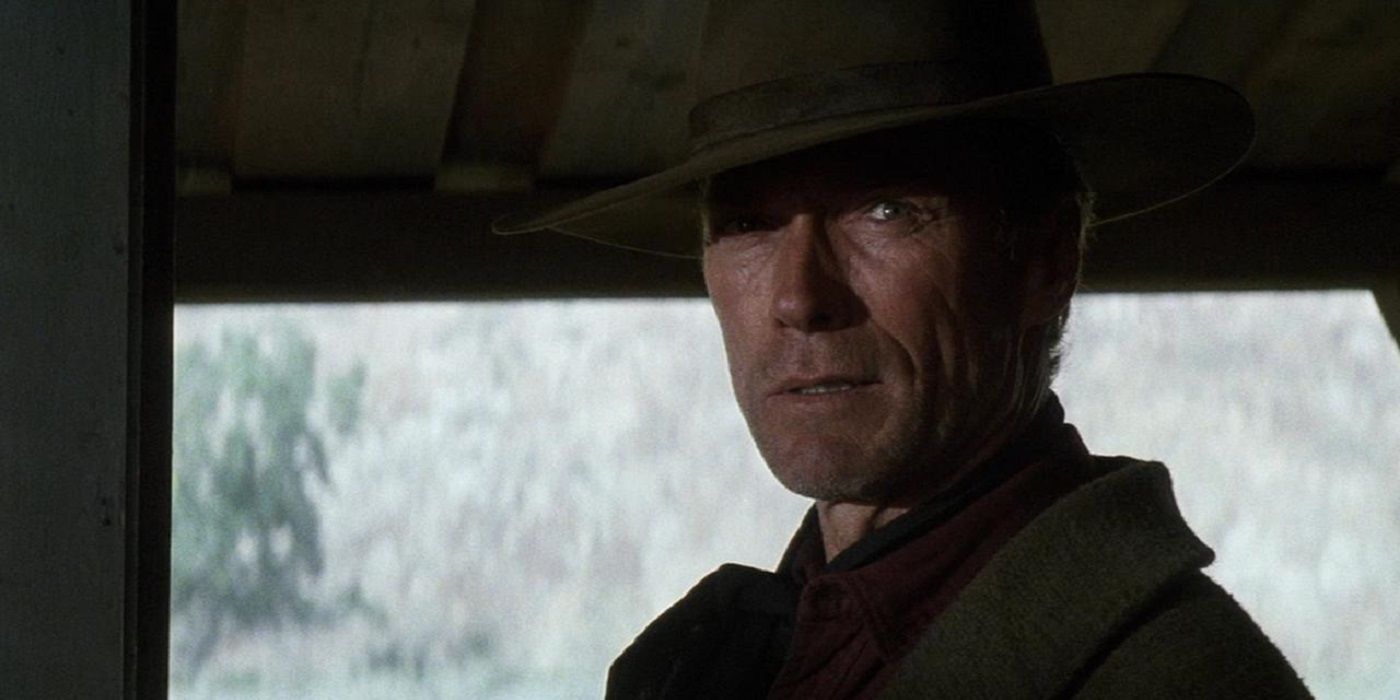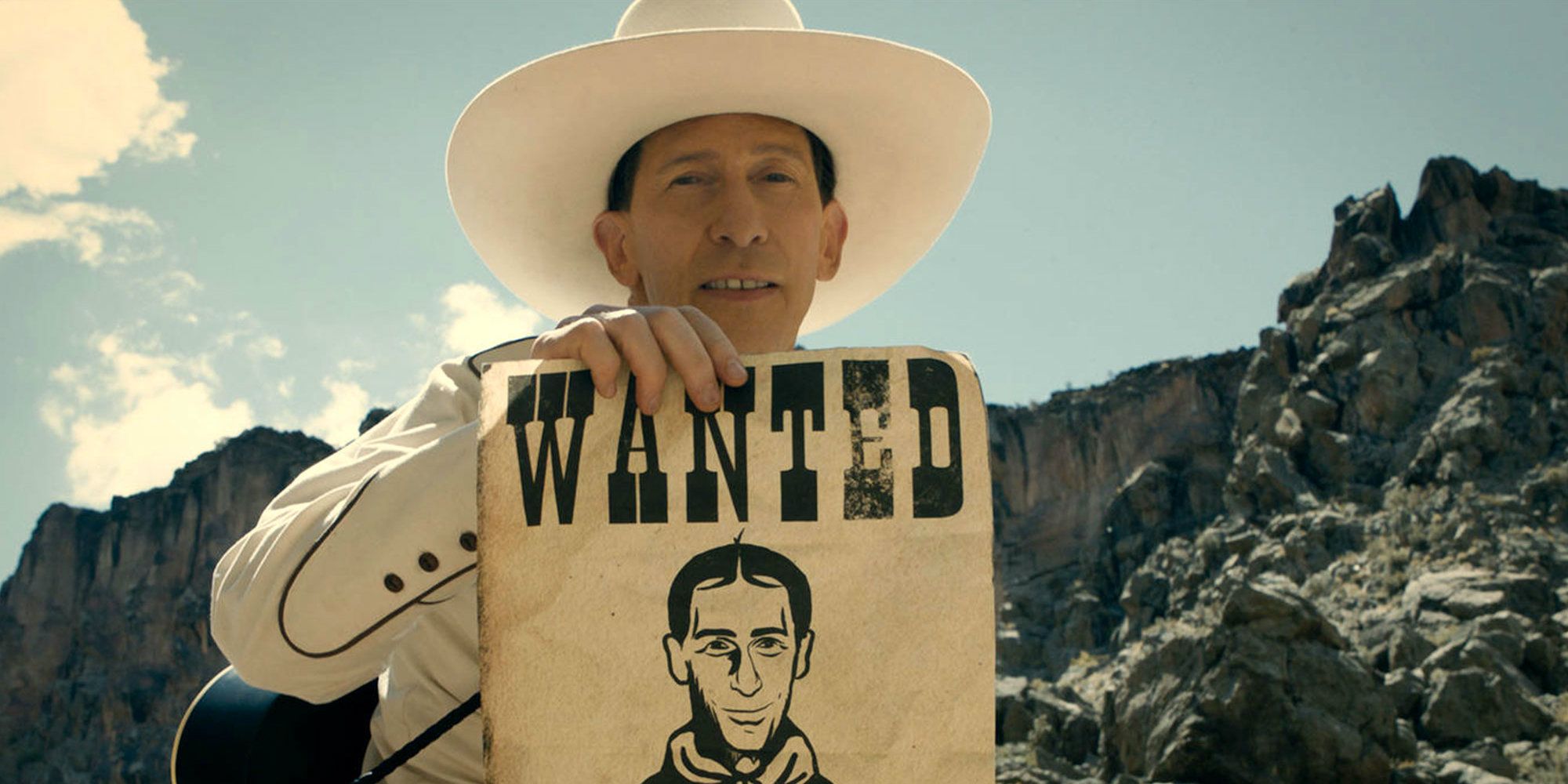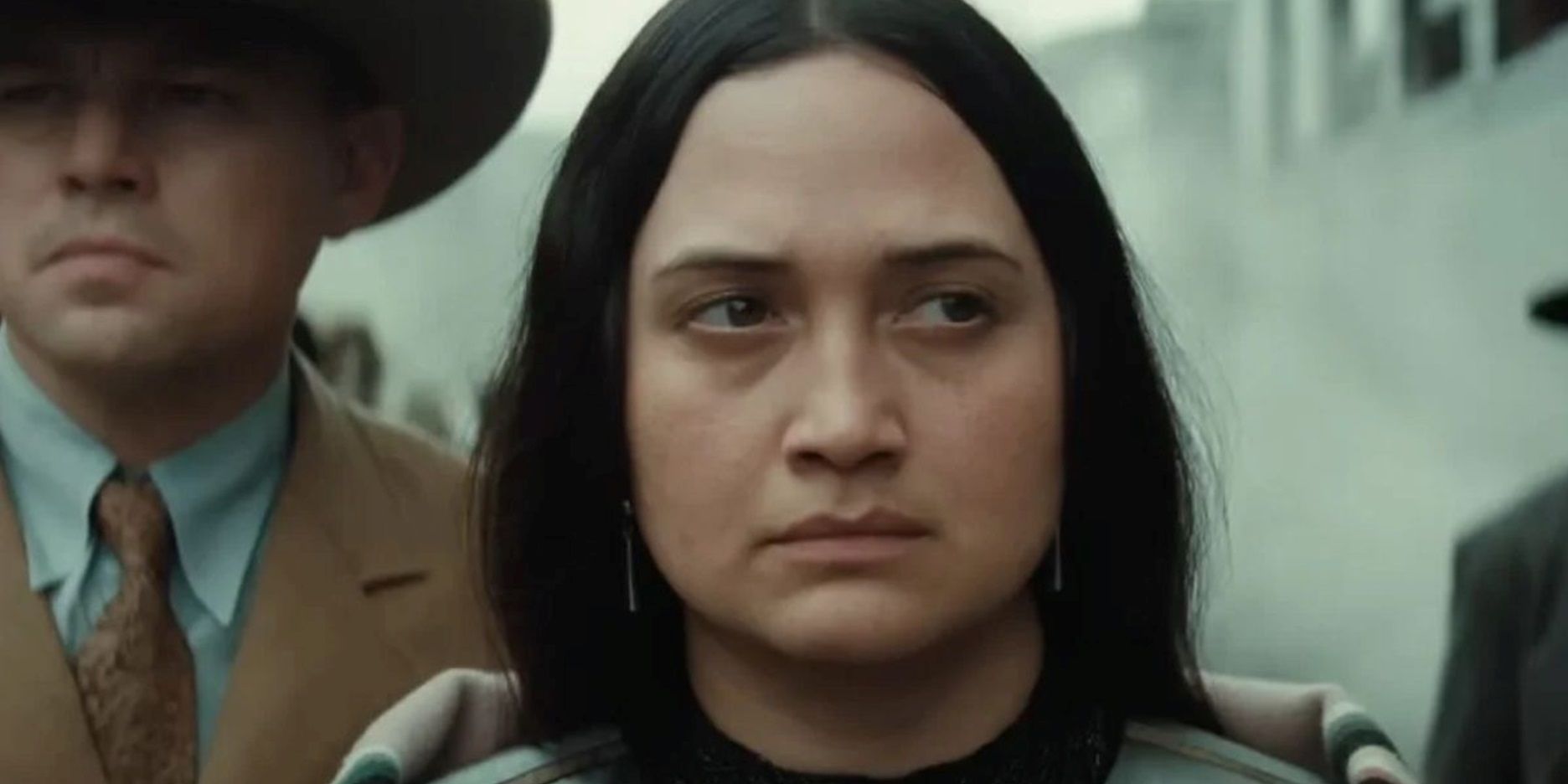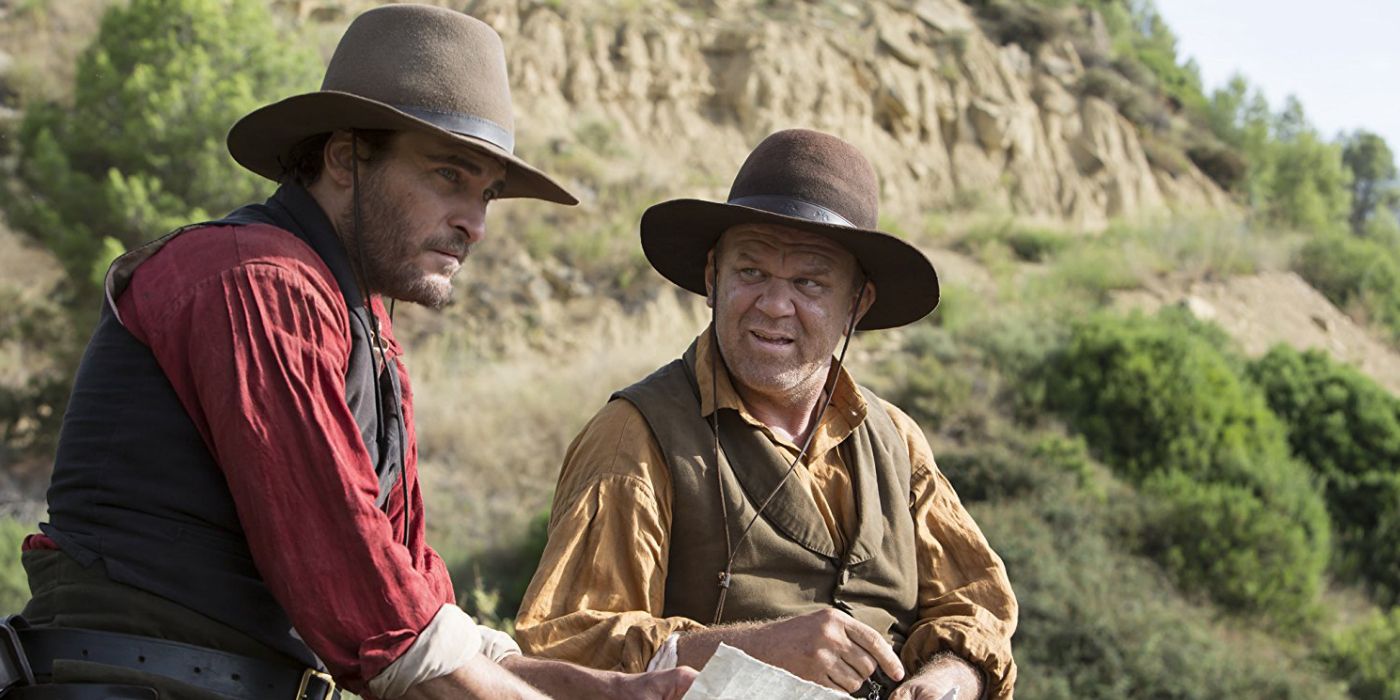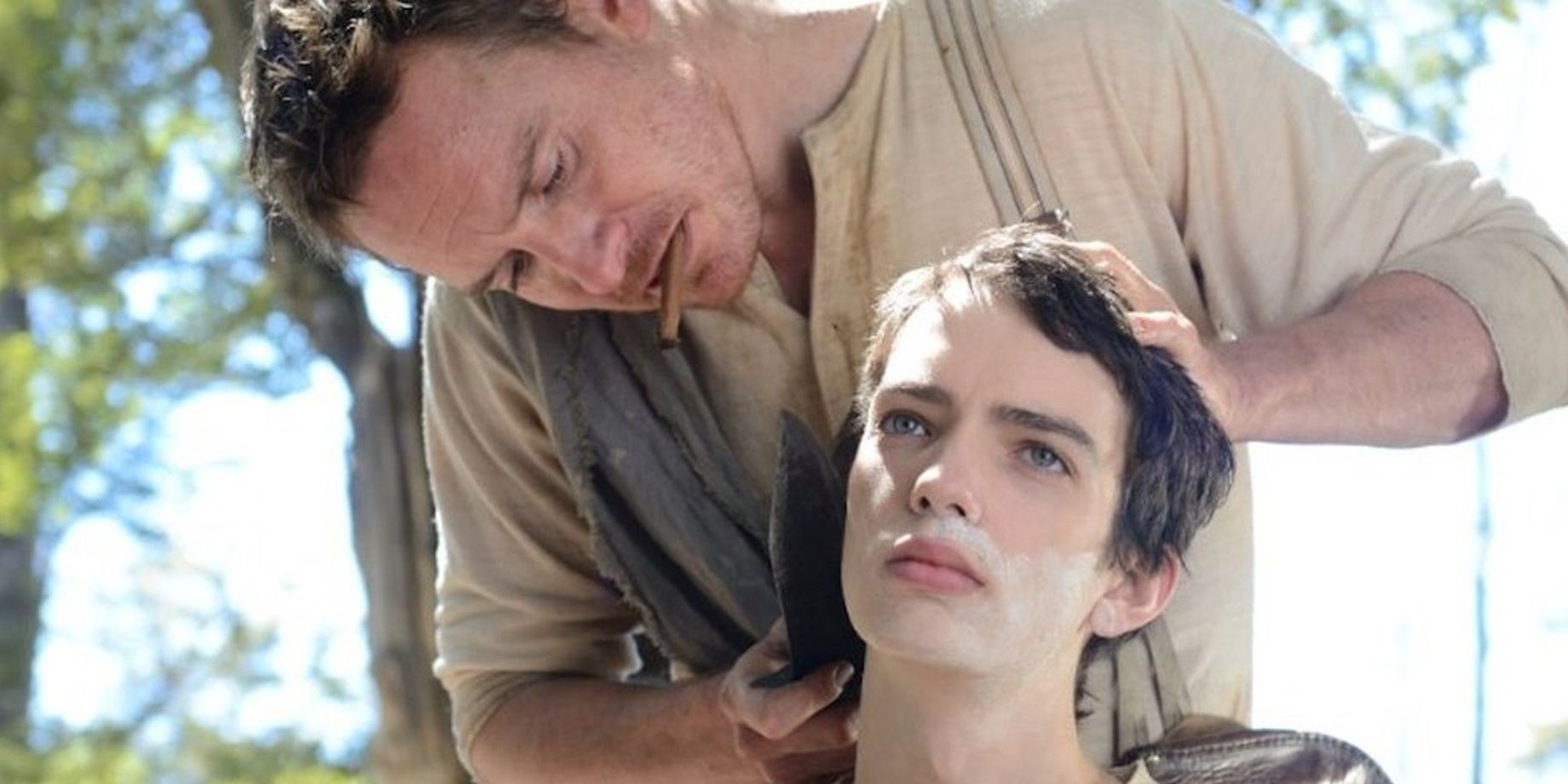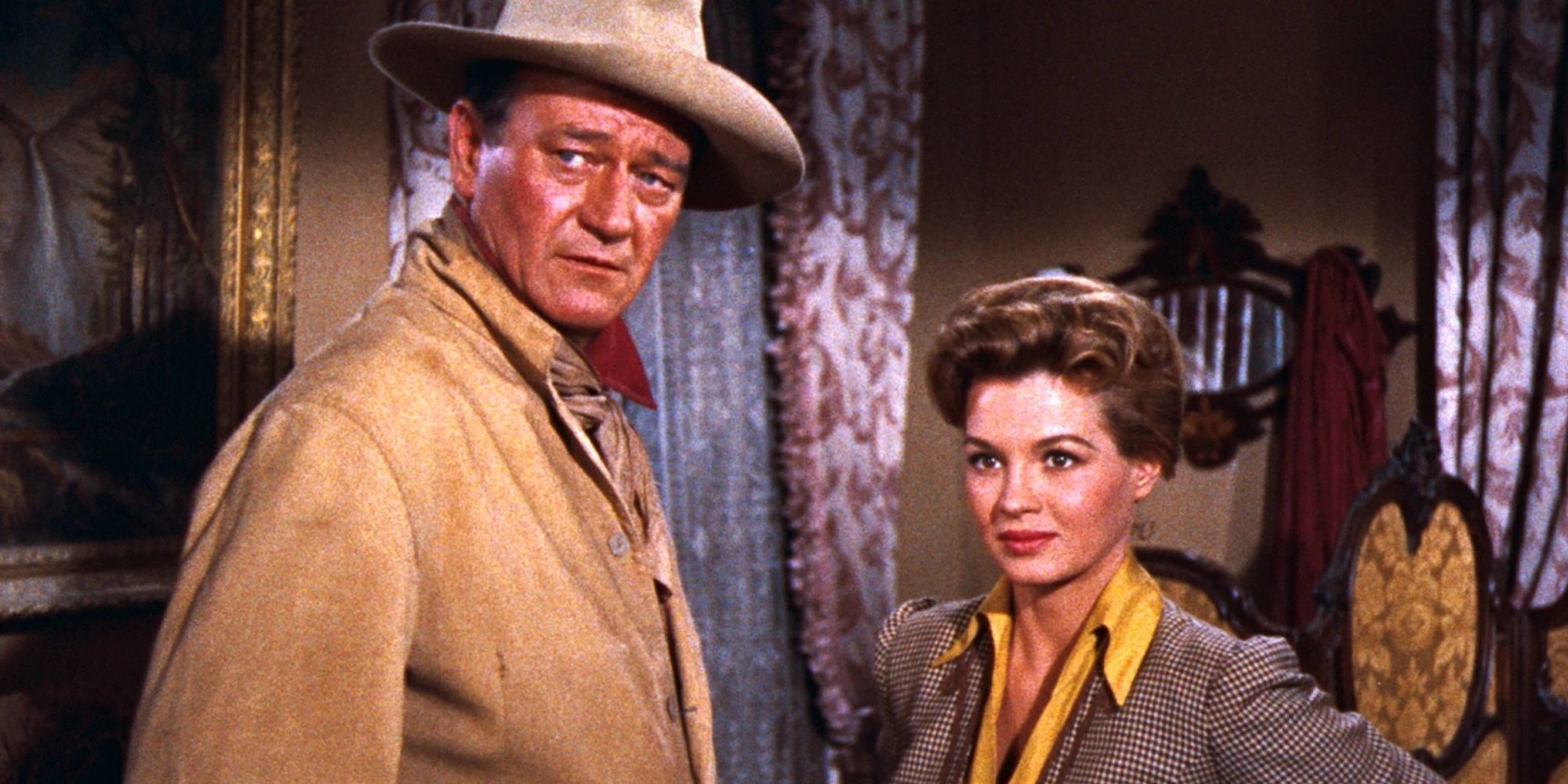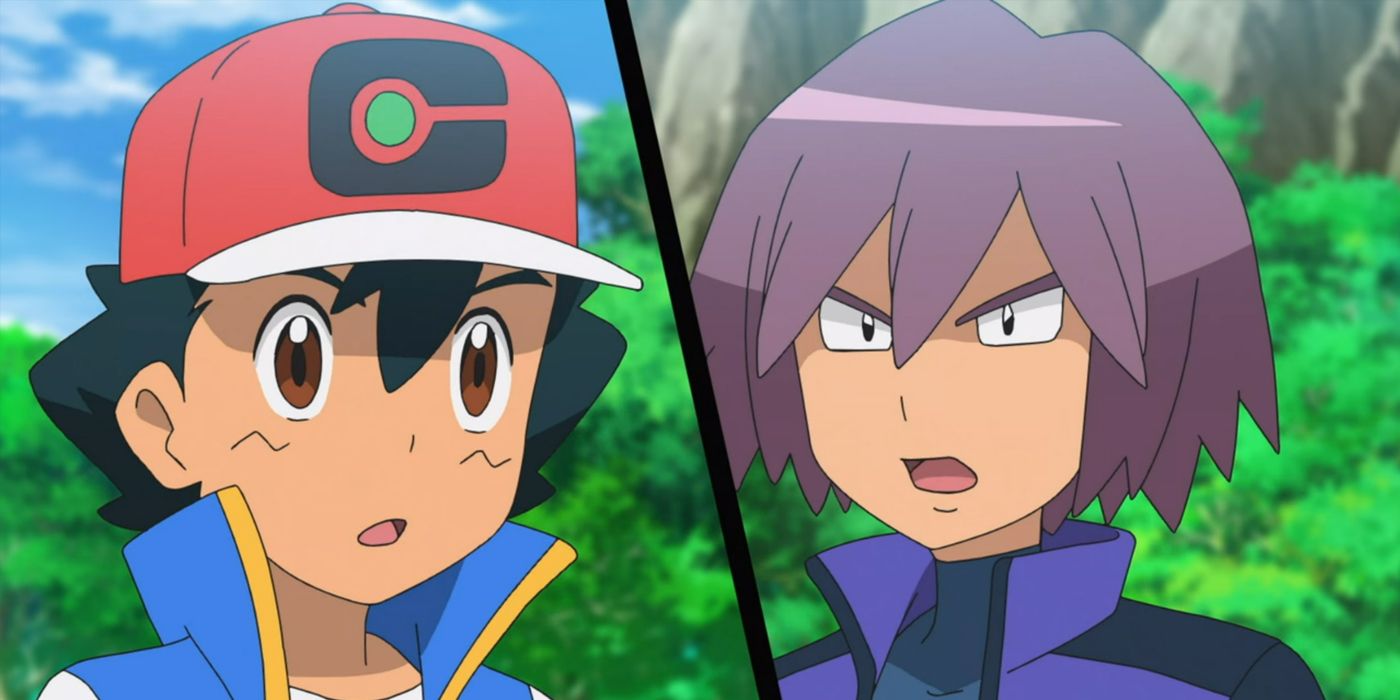
9 Classic Western Movies with Little Action

Explore these classic western movies that defy the traditional action-packed genre and instead focus on character development, social commentary, and compelling storytelling.
The Power of the Dog
Jane Campion's The Power of the Dog takes a different approach to the western genre, focusing on the psychological depth of its characters rather than explosive action scenes. Benedict Cumberbatch's charismatic rancher and the troubled relationships within the film create a gripping narrative that captivates audiences.
Phil standing outside in Power of the Dog.
Bad Day at Black Rock
In Bad Day at Black Rock, director John Sturges blends the western and noir genres to deliver a captivating story. The film's tense atmosphere and enigmatic plot keep viewers on the edge of their seats without relying on traditional action sequences. Spencer Tracy's portrayal of a mysterious one-armed man adds depth to the film's narrative.
Spencer Tracy at the hotel in Bad Day at Black Rock
True Grit
Joel and Ethan Coen's adaptation of True Grit offers a unique perspective on the western genre by emphasizing the father-daughter relationship between Hailee Steinfeld's Mattie Ross and Jeff Bridges' Rooster Cogburn. The film's focus on character dynamics and emotional depth sets it apart from action-driven westerns.
Mattie Ross (Hailee Steinfeld) smiling in True Grit
Unforgiven
Clint Eastwood's Unforgiven stands as a revisionist masterpiece that challenges traditional western tropes. The film delves into the moral complexities of its characters, presenting a thought-provoking narrative that doesn't rely on glorified violence. Eastwood's portrayal of an aging gunslinger adds depth to the film's exploration of remorse and redemption.
Clint Eastwood as William Munny sneering at the camera in Unforgiven.
The Ballad of Buster Scruggs
The Coen brothers' The Ballad of Buster Scruggs offers a series of vignettes that showcase the hardships and challenges of life in the Old West. Each story presents a compelling narrative without relying heavily on action sequences, making it a standout in the western genre.
Buster holding a wanted poster in The Ballad of Buster Scruggs
Killers of the Flower Moon
Martin Scorsese's Killers of the Flower Moon subverts traditional western narratives by focusing on the greed and corruption surrounding the infiltration of a peaceful native community. The film's emphasis on social commentary and historical relevance sets it apart from action-driven westerns.
Lily Gladstone at a train station in Killers of the Flower Moon
The Sisters Brothers
Jacques Audiard's The Sisters Brothers offers a subversively subdued take on the western genre, focusing on the dynamic between two hired guns played by John C. Reilly and Joaquin Phoenix. The film's character-driven narrative captivates audiences without relying on traditional action sequences.
John C Reilly and Joaquin Phoenix riding horses in The Sisters Brothers
Slow West
John Maclean's Slow West delivers an oddball buddy comedy set against the harsh landscapes of the frontier. The film's tongue-in-cheek absurdity and slow-burning narrative provide a refreshing take on the western genre, emphasizing character development over high-octane action.
Michael Fassbender shaves Kodi Smit-McPhee in Slow West
Rio Bravo
Howard Hawks' Rio Bravo earns its place in the western canon by focusing on dialogue and characterization rather than high-action sequences. The film's portrayal of a lawman awaiting an outlaw's arrival creates a unique and engaging narrative that defies traditional western expectations.
John Wayne and Angie Dickinson looking off-screen in Rio Bravo
